First Nations women in Top End have among the highest rates of premature births in world
First Nations women in the Top End of the Northern Territory experience some of the highest rates of premature birth in the world, new research has found.
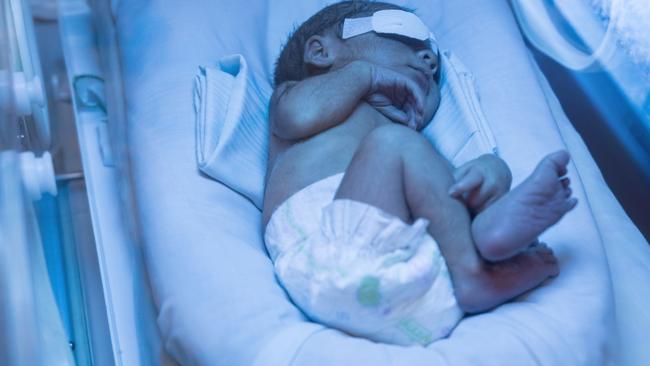
First Nations women in the Top End of the Northern Territory experience some of the highest rates of premature birth in the world, on par with disadvantaged groups in low-income countries, new research has found.
These Indigenous women living in Darwin, East Arnhem and the Katherine, had about twice the risk of preterm birth (PTB) – the leading cause of both neonatal and childhood mortality globally – than other women, and the gap continues to widen.
The findings by Darwin obstetricians and the Menzies School of Health Research has led clinicians and academics to argue for urgent, well-funded and Indigenous-led solutions to peri-natal health in the Top End.
That echoes previous calls for community-based services that incorporate traditional knowledge, First Nations-owned birth centres and a culturally respectful workforce.
Researchers analysed Territory peri-natal data from 22,195 mothers in the Top End between 2008 and 2017. “The PTB prevalence reached 18 per cent in First Nations’ women in 2016 to 2017 compared with 6 to 8 per cent in non-First Nations’ women,” said the study, led by Royal Darwin Hospital and Darwin Private Hospital specialist obstetrician-gynaecologist Kiarna Brown.
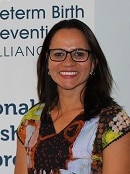
“Across countries, PTB rates ranged from 5 to 18 per cent, with the highest rates seen in Africa and southern Asia. Our study highlights that the unique geographical, physical, and social environment of the Top End gives way to PTB rates in our First Nations’ population that are among the highest in the world.”
Dr Brown, and co-authors Royal Darwin Hospital Top End obstetrician gynaecologist Carina Cotaru and Menzies researcher Michael Binks, found that while the risk factors for PTB were the same for both First Nations and non-First Nations pregnancies, they were much more common in First Nations women.
“Smoke exposure, socioeconomic factors, chronic diseases and pregnancy complications are avenues for intervention, but the story is complex and deeper exploration is warranted,” the study said.
During pregnancy, Indigenous women were more likely to experience the premature rupture of membranes, which is strongly associated with PTB, the study found. They were also more likely to have pre-existing medical conditions, such as renal disease, hypertension and diabetes. Better screening, diagnosis and treatment could play a role in reducing PTB rates.
“Our study demonstrated a strong association between pre-existing diabetes and PTB and epidemiological studies have shown a 10-fold increase in pre-existing diabetes among pregnant First Nations women over the last 30 years … These suggest that enhanced diabetes prevention and management strategies could reduce preterm births to some extent,” the study said.
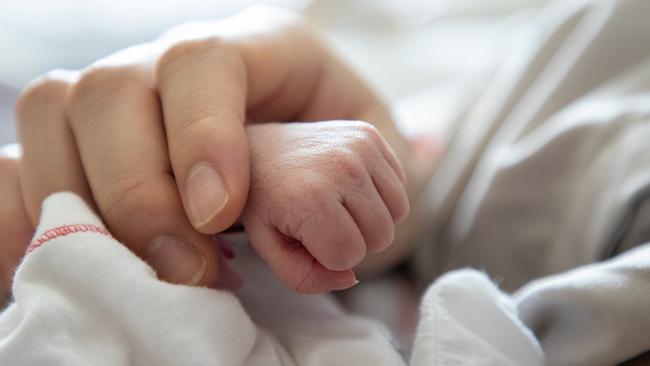
Indigenous women in the Top End were also more likely to live remotely, which was associated with increased PTB risk.
The authors called for improved Indigenous peri-natal healthcare, repeating the calls made by a coalition of 45 health researchers in 2021 demanding birthing services that are developed and governed by the community, partnered with hospital and government agencies, and dedicated to incorporating First Nations-designed birth services.
Dr Brown said that while working at Royal Darwin Hospital, where about 30 per cent of births are Aboriginal or Torres Strait Islander, she had “seen the heartache of having a baby born preterm far too often”.
“I don’t believe that these rates should be acceptable at all,” she said. “These outcomes not only devastate families and communities, but they also add pressure to health systems because of the short and long-term complications of preterm birth.”
Across Australia, 8.6 per cent of babies are born pre-term compared to almost 10 per cent in the Top End.


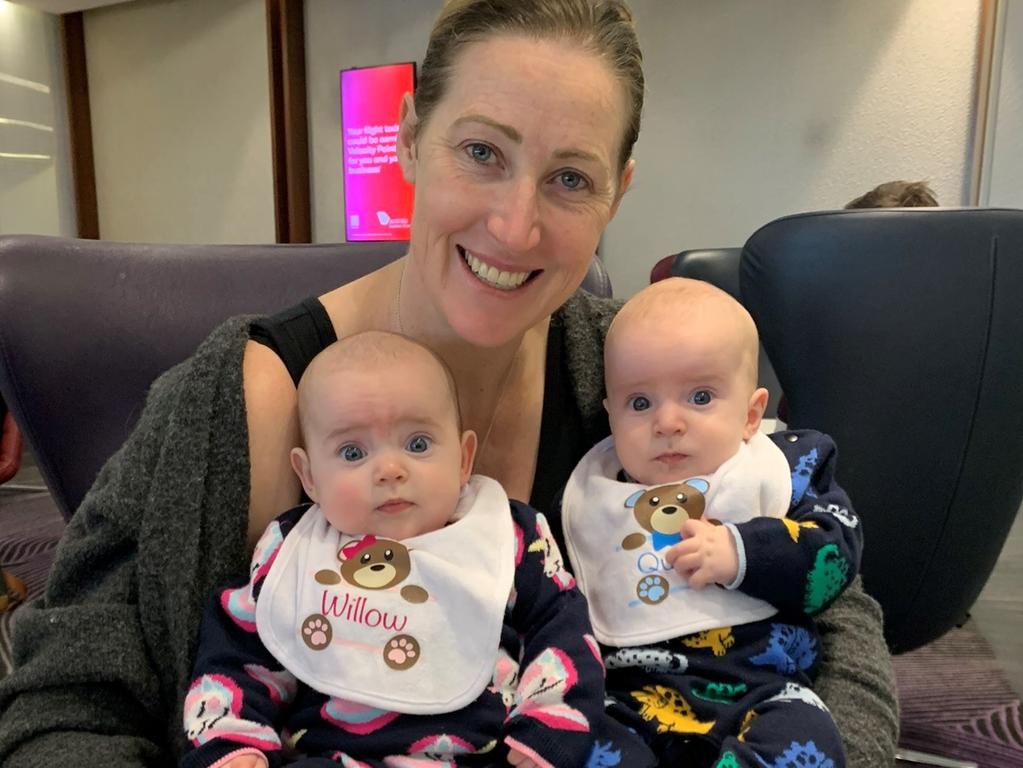
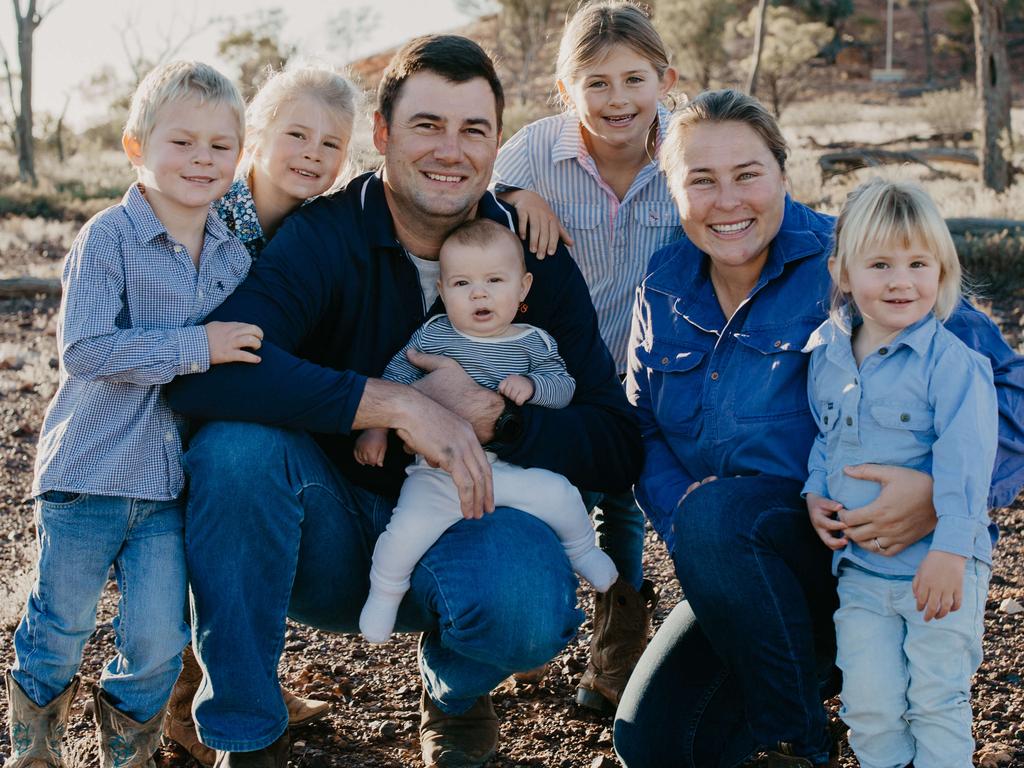


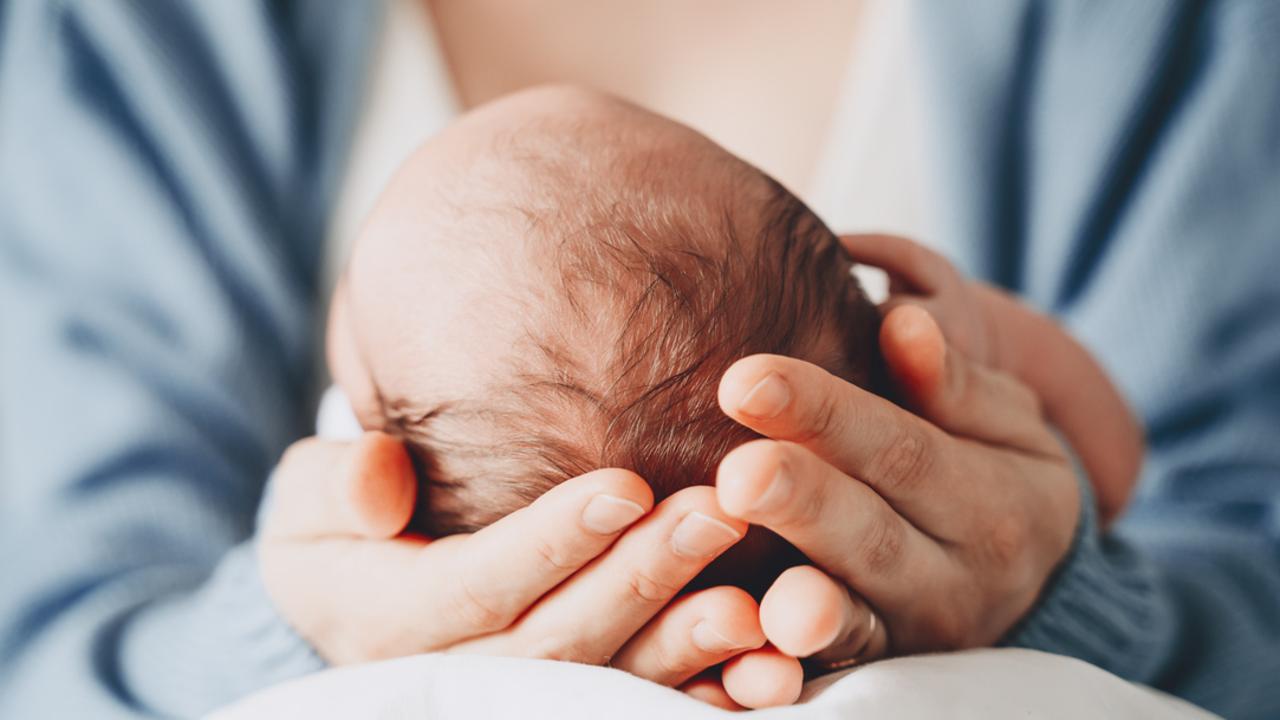
To join the conversation, please log in. Don't have an account? Register
Join the conversation, you are commenting as Logout